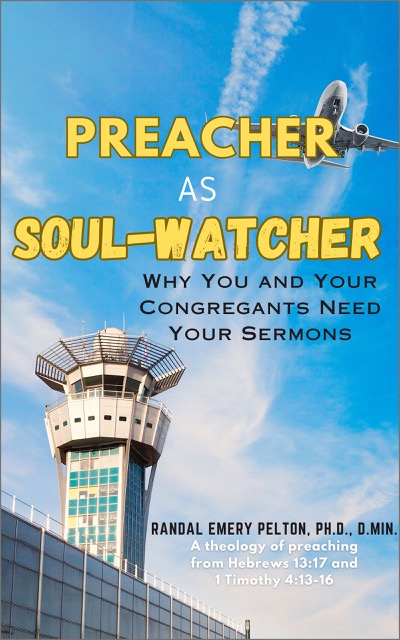I recently completed a six-week series on the importance of the local church. Along with selecting key Scripture to read with our faith-family, I decided to read Davis and Graham’s, The Great De-Churching: Who’s Leaving, Why Are They Going, and What Will It Take to Bring Them Back?
According to their research, we are preaching at a time when, within the past 25 years, 40 million Americans have left the church (p. XV).
The book was interesting because it described the thinking of many that decided to stop attending church. Even more important for me was how the information in the book helped me warn our faith-family about some of the tendencies they experience.
Here is an example of what might be tempting your parishioners:
“One large group stopped attending church without initially intending to do so. Some moved to a new city with the intention of finding a church but never took that next step into a faith community. Many young professionals prioritized personal networks around their careers and, as a result, found themselves disconnected from a local church. Some families prioritized children’s sports and other activities that increasingly happen on Sundays. Then there are those who stopped attending church during COVID-19. They developed new Sunday rhythms and now prefer those new activities over Sunday morning worship. We call all this group the casually dechurched.” (p. 24)
As you can see, except for the virus issue, the other phenomena remain a threat.
The book contains other lists like the one above. I found that such information provided extra motivation for highlighting how important it is to gather for worship every Sunday.
We’re preaching in a social environment that devalues church before any de-churching occurs. One of the ways we can emphasize the importance of church is preaching in a way that emphasizes the importance of corporate worship and God’s Word. You and I have the opportunity to do this every Sunday we’re privileged to preach.
May our Lord receive glory in the church and in Christ Jesus (Ephesians 3:21) as you preach His Word to those who continue to attend.
Randal






